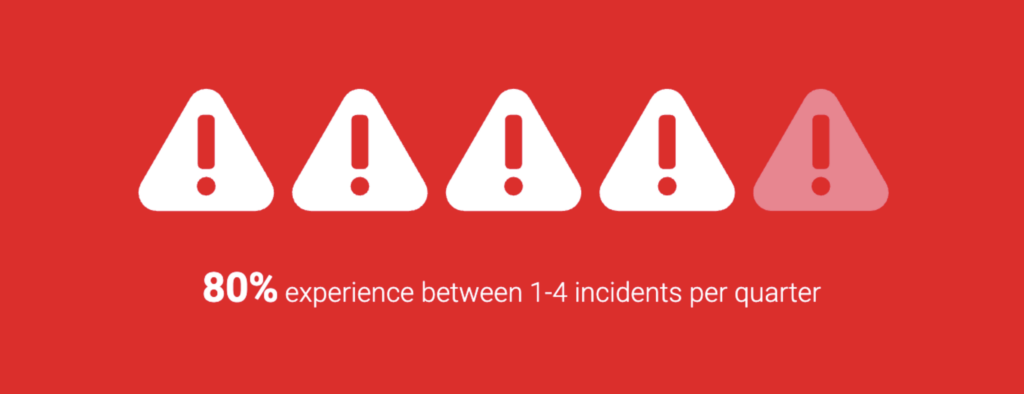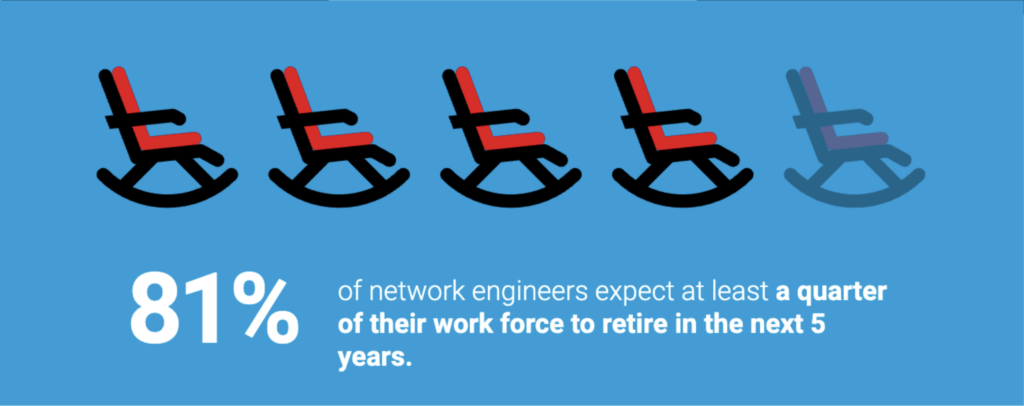In a volatile world, it is more vital than ever that business networks remain resilient. With costs rising amid rumbling international political friction, proliferating cyber threats and continuing supply chain problems, organizations need digital infrastructure to be as dependable as possible.
Businesses need to minimize outages to give themselves maximum efficiency and security despite what may be happening around them. In a perfect world, there would be no downtime, but this is not currently how it is on the ground. Research has revealed 91% of CIOs in five major countries have to struggle with downtime at least once every quarter and 81% experience between one and four outages in an average quarter. Another 10% say they face anything between five and ten outages in an average three months. The figures are from a new survey Opengear conducted among 502 CIOs and 510 network engineers in the US, UK, France, Germany and Australia. The fearful cost of outages was apparent too. In the US, CIOs said a single minute of downtime can cost $4,344 during an average day.

The engineers are broadly in agreement with the CIOs on outages, with 75% in the US, for example, saying they see up to four outages in any given quarter. For engineers, however, the challenge is often one of resources. With inflation still high and much uncertainty in the air about the economic outlook, most engineers surveyed (87%) said they have been in the position of having to do more with less over the last three months. Most of the CIOs surveyed say they have responded to resource challenges by increasing budgets – an experience shared by 92% of the profession in the US.
The question of investment is critical to increased resilience, both in terms of infrastructure and organization. Engineers blame lack of investment for exposure to cyber threats. Nearly six-in-ten (59%) said failure to finance the business network makes them anxious about cyber-attacks. Other concerns include the inability to integrate AI and automation technologies. All these challenges arise just as the skills shortage starts to kick in. More than eight-in-ten (81%) of network engineers expect at least a quarter of their workforce to retire in the next five years.

What emerges from the research findings is the need for CIOs to equip network engineers with the right tools to radically reduce downtime, and when it does happen, to remediate it as quickly as possible.
While there is evidence of investment, the question remains as to whether organizations have targeted it where it will achieve greatest effect. Opengear’s Smart Out of Band technology, for example, should be high on the list of priorities for any investment in network resilience. From deploying on the first day, to remediating remotely on the worst day-when downtime happens, to manage your network resources every day, the Network Resilience Platform saves time and reduces the high costs of downtime. With a significant skills shortage looming amid continuing economic uncertainty, such proven innovation will deliver benefits in uptime, cost reduction and business growth.
To find out more about the research in this blog, download the full research commentary here.


